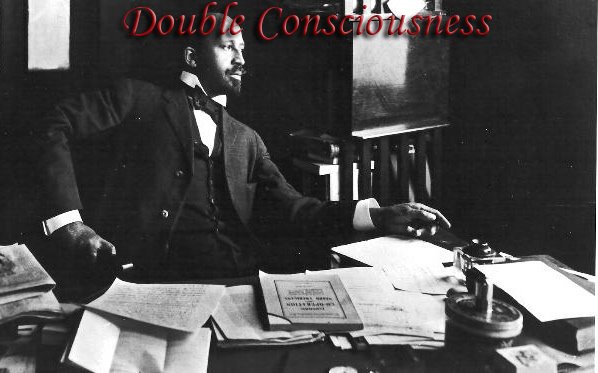For Americans of African descent, one of the difficulties in writing about identity is that the discussion, intentionally or not, is simultaneously intensely personal and profoundly public. Our unique experience and the racial identification manifested in melanin binds us inextricably to both our individual, subjective, personal experiences and to the collective experience of the group. Efforts to be seen as “an individual” necessitate that we differentiate ourselves from some supposedly monolithic black identity and authenticity. Like it or not, our individuality is dependent on first identifying and, depending on where we are coming from and where we are going, either embracing or distancing ourselves from the group.Nelson has many critiques for both authors, especially when it comes to Kennedy dangerously asserting that possibly snitching on the Black Panthers and other "sellout" examples are not really examples of "selling" out but either certain Black folks being misguided or doing so simply because they saw it as helping out the Black community as a whole. Another one of her critiques is that of Steele's when he tries to draw to many connections between him and Obama (both had white mothers) and his sense of playing the victim to Blacks by being called a "race traitor" and yet not acknowledging that he made a huge profit out of being called a sellout.
One quote that stuck out to me in this pretty well balanced review was this:
Perhaps most troubling about both Steele and Kennedy is the virtual absence of any acknowledgment of the ways in which white racism, and the more subtle and prevalent white privilege, influence black identity and necessitate, for some, a strong collective identity as a defense against white power. “Obviously, black responsibility is the greatest — if not the only — transformative power available to blacks,” Steele says. But this is simply not true. Ditto for Kennedy’s assertion that “open expression of racial prejudice is politically and socially suicidal.” Tell that to Trent Lott, Jesse Helms, Strom Thurmond and Don Imus, to name but a few. Lott and Imus were finally taken to task for their racist comments, but after what has become an American ritual of denial, apology and a brief stay in the woodshed, they were back.In studying racism we always tend to ignore the power of white privilege in shaping American society and indeed in shaping the "macro-identity" of American populations of Blacks, Chicanos, Pilipinos, etc. We must always have a critical eye on white privilege when studying racism, not by just studying the effects of racism on people of color but also studying white privilege itself and the creation of white privilege and how it benefits whites.



0 comments:
Post a Comment